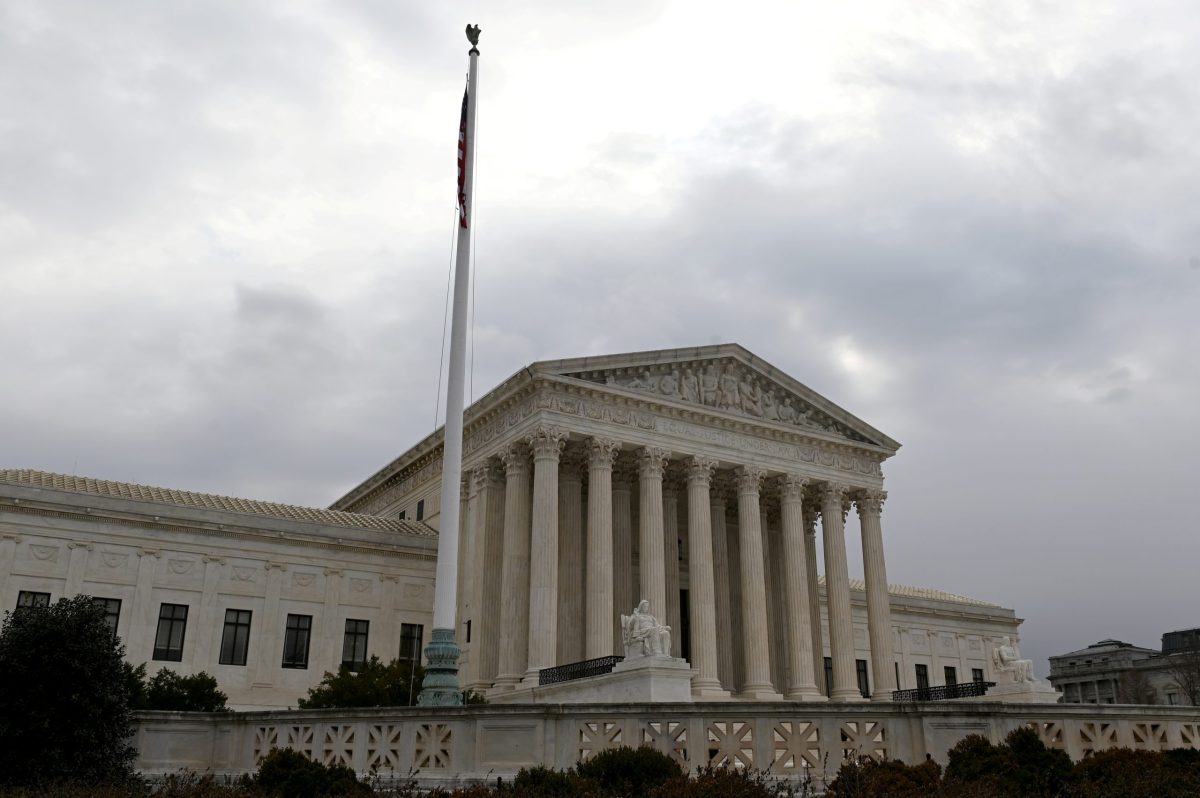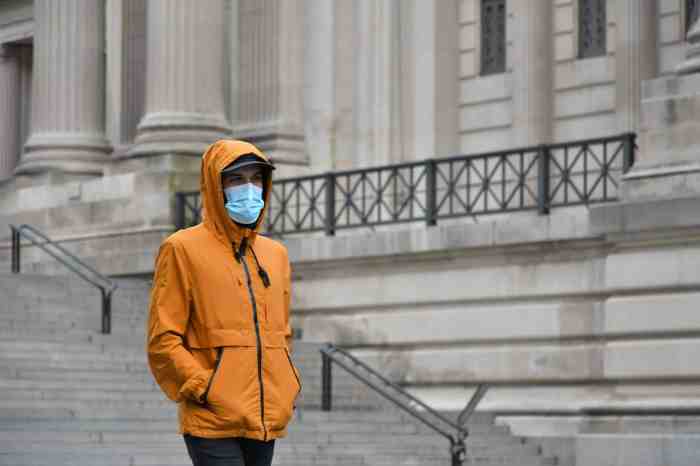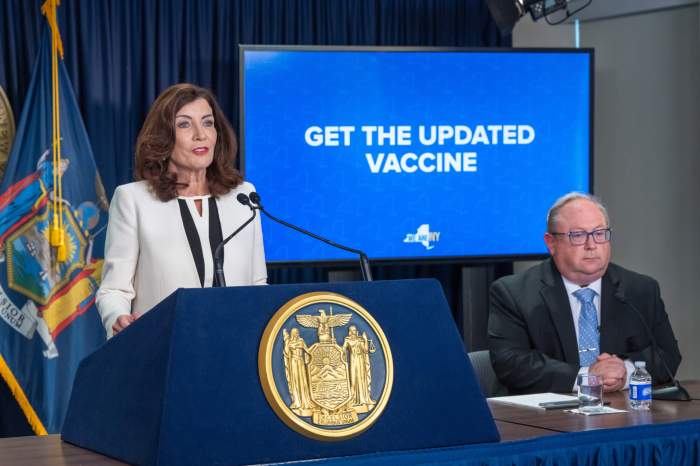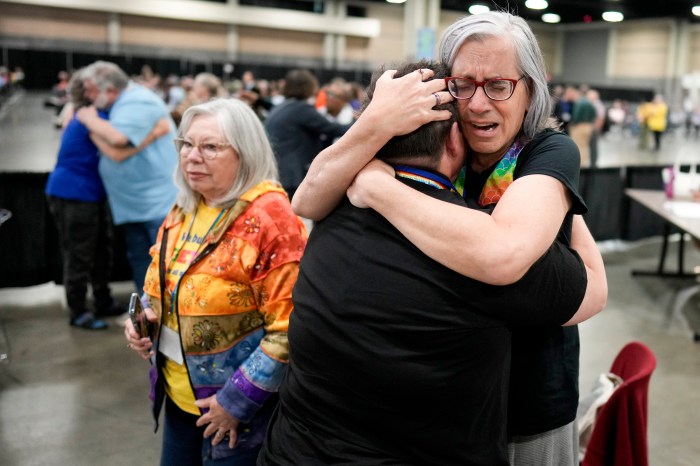BY LAWRENCE HURLEY AND ANDREW CHUNG
The U.S. Supreme Court, changing its practices due to the coronavirus pandemic, announced on Monday that it will hear arguments by teleconference in May – a highly unusual step – in cases including a closely watched dispute over whether President Donald Trump’s tax and financial records should be disclosed.
The court also will hear arguments by teleconference in a case over the complex U.S. presidential election system focusing on whether Electoral College electors are free to break their pledges to back the candidate who wins their state’s popular vote. The justices and the lawyers arguing the cases will all participate remotely, court spokeswoman Kathy Arberg said.
The announcement represented the latest way in which the pandemic is reshaping American society.
“In keeping with public health guidance in response to COVID-19, the justices and counsel will all participate remotely. The court anticipates providing a live audio feed of these arguments to news media. Details will be shared as they become available,” the court said in a statement.
“The court building remains open for official business, but most court personnel are teleworking. The court building remains closed to the public until further notice,” the court added.
The court will hear those cases and a handful of others on May 4, 5, 6, 11, 12 and 13. The court did not announce the dates for individual cases.
Trump’s appeals in three separate cases to prevent his financial records from being handed over to Democratic-led U.S. House of Representatives committees and a New York prosecutor were postponed on March 16 over concern about the coronavirus.
The coronavirus has proven to be particularly dangerous in elderly people, especially those with underlying medical issues. Three of the nine justices are over age 70: Ruth Bader Ginsburg (87), Stephen Breyer (81) and Clarence Thomas (71). Ginsburg has experienced a series of recent health issues including treatment in the past two years for pancreatic and lung cancer.

















